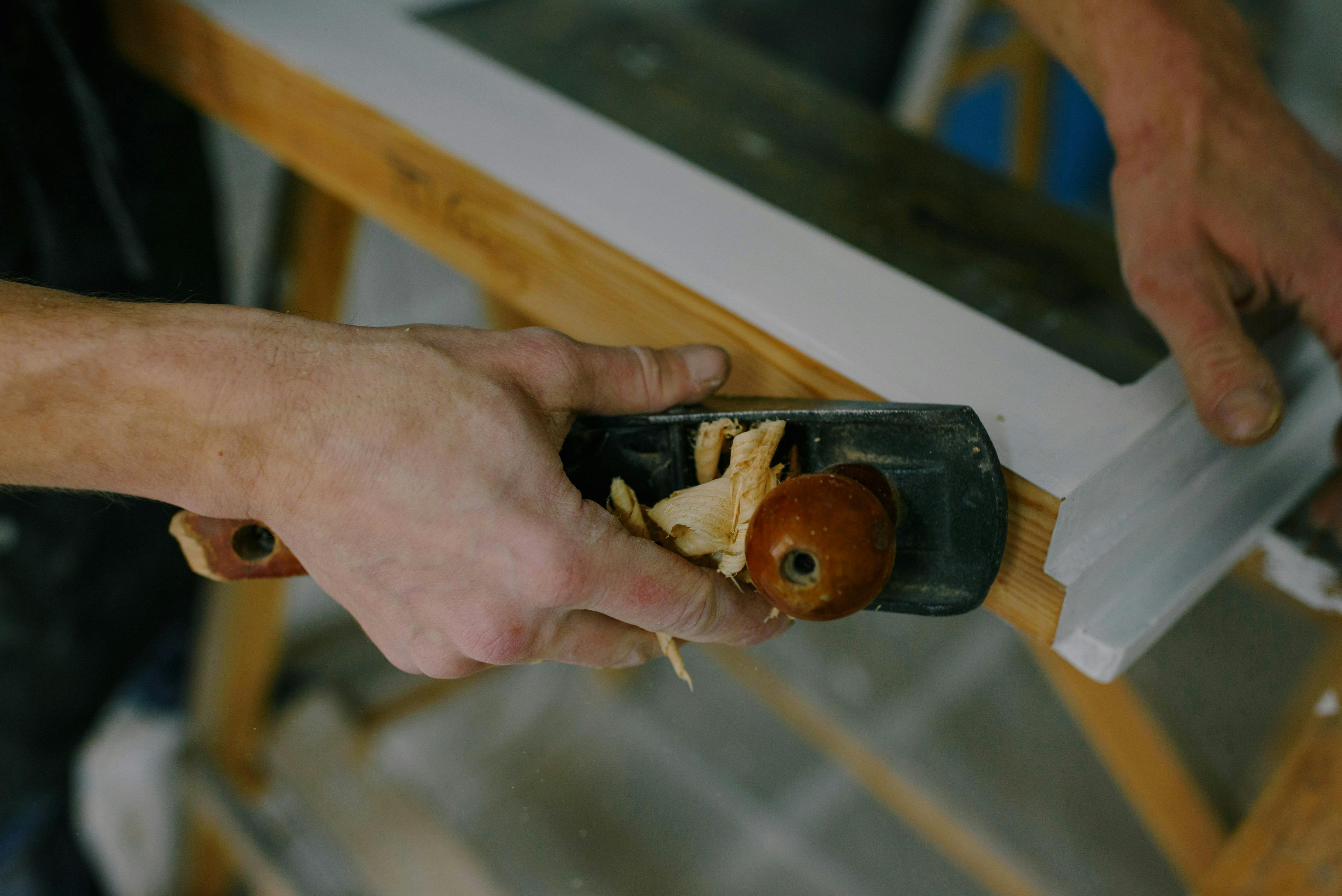Treasure hunting isn’t just a hobby…it’s a passion. Wherever I go, and whatever I’m doing at the moment, my internal dialogue is usually something like “I wonder what’s buried around here.” or “that would be a good place for gold.” I take notes (mentally or not) and invariably do a search in my library to see if there is anything interesting to learn or look up.
In my time as a Special Forces soldier, I have been in some remote areas. Places that would be difficult to get in and out of even when healthy and in good physical condition. If he was injured or afflicted with some “rare tropical disease”, getting out without help would have been useless. That is why a critical aspect of any ‘mission’ was communications.
Communications allow “superiors” to learn the status of the mission, provide the team with the necessary support, supplies, and equipment, and extract the team when the time comes. The communications also allowed the team a way to call and obtain a MedEvac for an injured or ill team member. Communications were critical to success.
These lessons that are not ‘incompatible’ with treasure hunting. When I travel through the woods and wilderness in search of a good gold patch or long-lost treasure, I will most likely do so knowing that I will be out of cell phone range. In fact, I’ve been to many areas within the lower 48 and Alaska where you can’t even get an AM radio station, let alone a cell phone. If I get hurt or my vehicle breaks down, I have no way to call for help, or at least to let my family know what’s going on. I’ll never admit I’m lost, but if I get confused about my whereabouts for a month or two, it might help to be able to contact someone.
Now, being an old Special Forces communicator, I learned many skills that are valuable in such a scenario, and I have come to the conclusion that being able to communicate using ham radio is a perfect match for treasure hunt planning, preparation, and activities. . . Let me expand on this a bit so you can see what I mean.
Most people who hear “Ham Radio” immediately think of “Hams” (a ham radio enthusiast) sitting at a table full of huge radios, pounding out some Morse code and speaking into a big microphone. Those radio amateurs exist. In fact, I also enjoy “hitting” a code key, since that was one of the skills I learned in my previous life. But, there is a part of the radio hobby that is much more suitable for the treasure hunter and his treasure hunting activities. It is commonly called “2 meters”, but more correctly called “VHF/UHF”.
Think of VHF/UHF as a “walkie-talkie” type of radio, only instead of just talking to someone a mile away who has a similar walkie-talkie, you talk into a portable radio (HT) that can reach a station called a “repeater” that could be miles away (up to 20 or 30 miles), especially if you can get to high ground. That repeater will relay your call to an area that might be another 30 or 40 miles wide,… and…other radio amateurs monitor repeaters as a normal course of their hobby. Here’s an instant way to get help, or perhaps have the Ham on the other end place a call to a family member or friend.
But, there is more. The ARRL (American Radio Relay League) has instituted the “Wildlife Protocol”, which states: “The Wilderness Protocol (see page 101, QST Magazine August 1995) requires radio amateurs in the wilderness to announce their presence and monitor national calling frequencies for five minutes beginning at the top of the hour, every three hours thereafter. from 7 am to 7 pm while in the interior of the country. A radio amateur in a remote location can transmit emergency information through another radio amateur who has better access to a repeater. The national calling frequencies are: 52.525, 146.52, 223.50, 446.00, 1294.50 MHz.“
So what is needed to do this? Two things. 1) Obtain an FCC license as a “Technician” and 2) Acquire a suitable portable (or vehicle-mounted) radio. Obtaining a Technician license is not difficult. Get a proper book, study the book, take a test, get your license. Don’t worry…for a technician’s license, it’s more about “rules of the road” than technical stuff. If you would like more information on how to get started, please email me. I will guide you in the right direction.
As for a radio, you can pick up an inexpensive 2 meter radio for around $50 or less. Granted, it won’t be fancy, but it will get the job done. A note about the typical FRS/GMRS radios you can buy at your local sporting goods store, or even the “CB” radios popular in the 1970s and 1980s. These radios can be good for two people to keep in touch when they are together, especially on open, flat ground. But, no one but you (and your partner) is listening. For long-term use, or use during an emergency when there has been no set plan, they are unreliable.
Another thing about ham radio and treasure hunting. When you’re doing your ground reconnaissance and research, and spending the nights in a campsite, whether it’s a tent or an RV, tuning in to the world with a radio ham is a great way to relax. As a technician, he also has some privileges to talk to other radio amateurs around the world using another part of amateur radio called “HF”. Yes… there are amateur radios that can go hundreds if not thousands of miles while weighing less than a pound or two. Very portable…very manageable. Listening to commercial shortwave stations and talking with other radio amateurs adds another dimension to the outdoor treasure hunting experience.
A second advantage of having the right “shortwave” radio for listening to commercial broadcasts is that many models have built-in weather broadcasts, so you can keep up with the latest weather forecasts in your area.
Being able to reach out for help or keep in touch with friends and family is a critical step in a well-planned and executed scavenger hunt. I urge everyone to explore getting their Technician license and have an expanded ability that probably hasn’t been considered until now. And, you never know… you might also discover another great hobby and skill set to pursue during those “down times” from treasure hunting.



